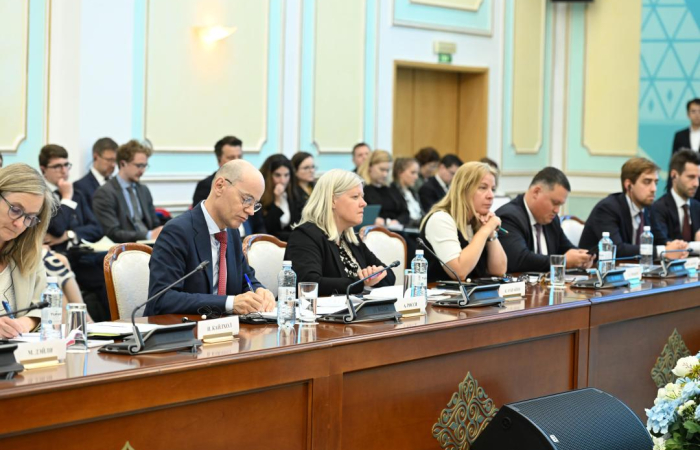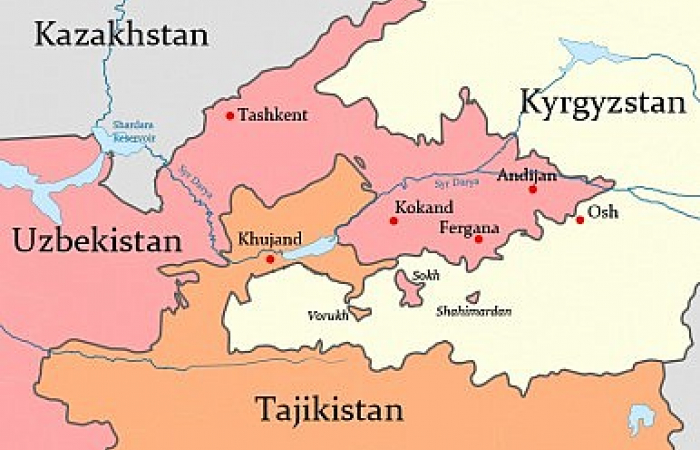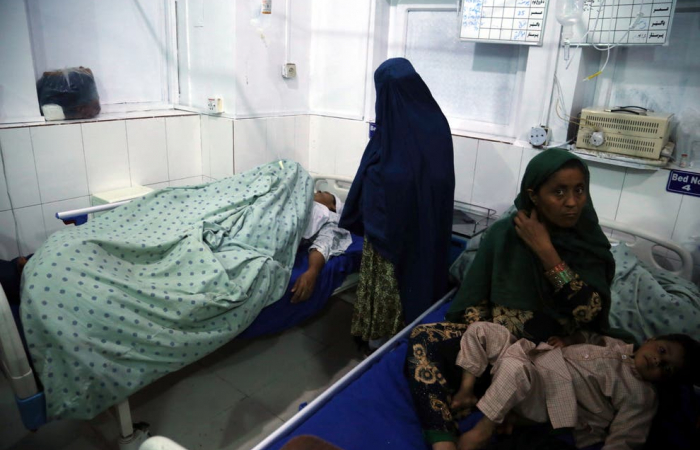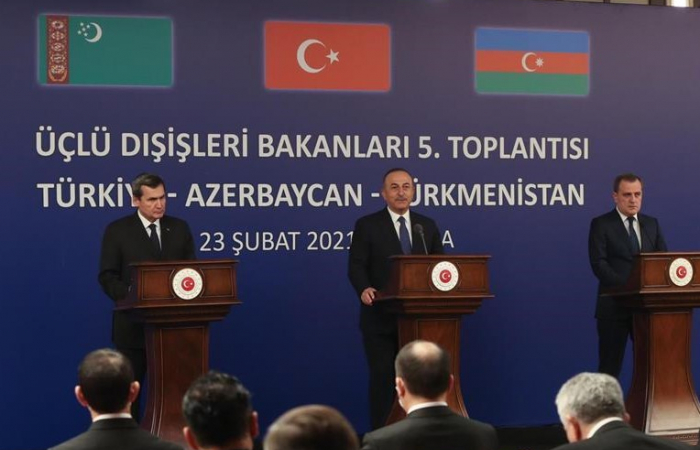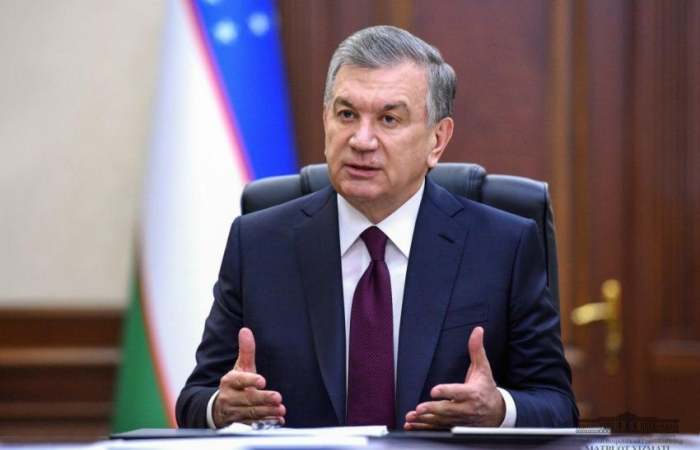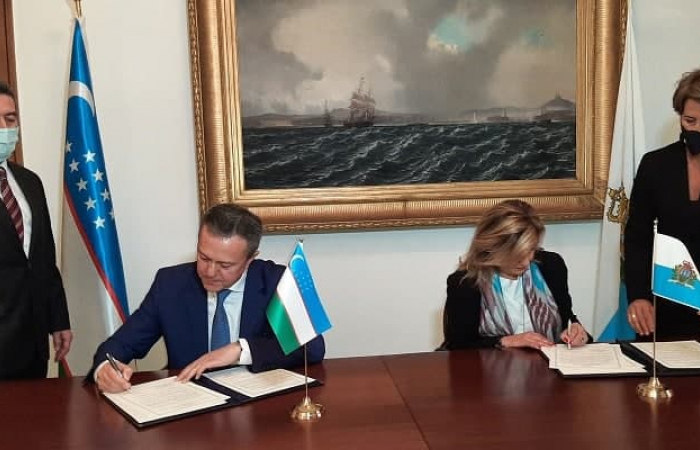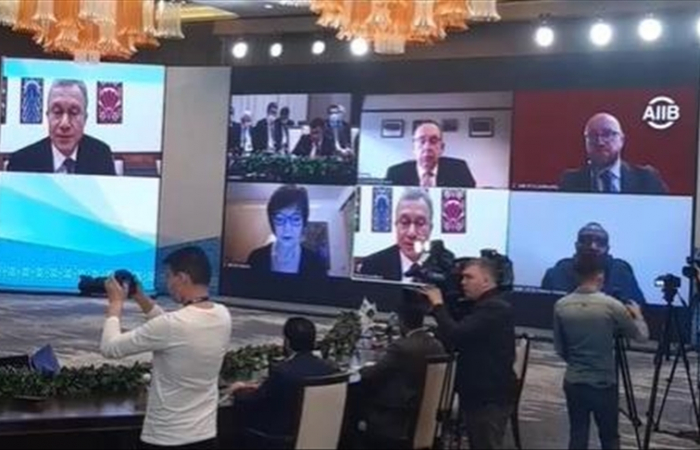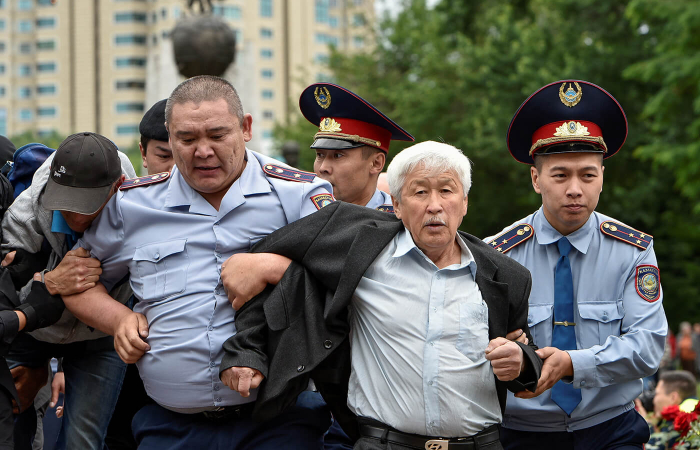Trending
EU Council Delegation holds Partnership talks in Kazakhstan
12 June 2025
A delegation from the Council of the European Union’s Working Party on Eastern Europe and Central Asia (COEST) visited Kazakhstan on June 8-10 to hold talks with government officials in Kazakhstan. The visit, which included the cities of Aktau and Astana, was part of the practical implementation of the Enhanced Partnership and Cooperation Agreement (EPCA) between Kazakhstan and the European Union and its member states. According to the Astana Times quoting the Kazakh Foreign Ministry, the discussions demonstrated a high level of dialogue and mutual commitment aiming to strengthen the Kazakhstan-EU partnership.



